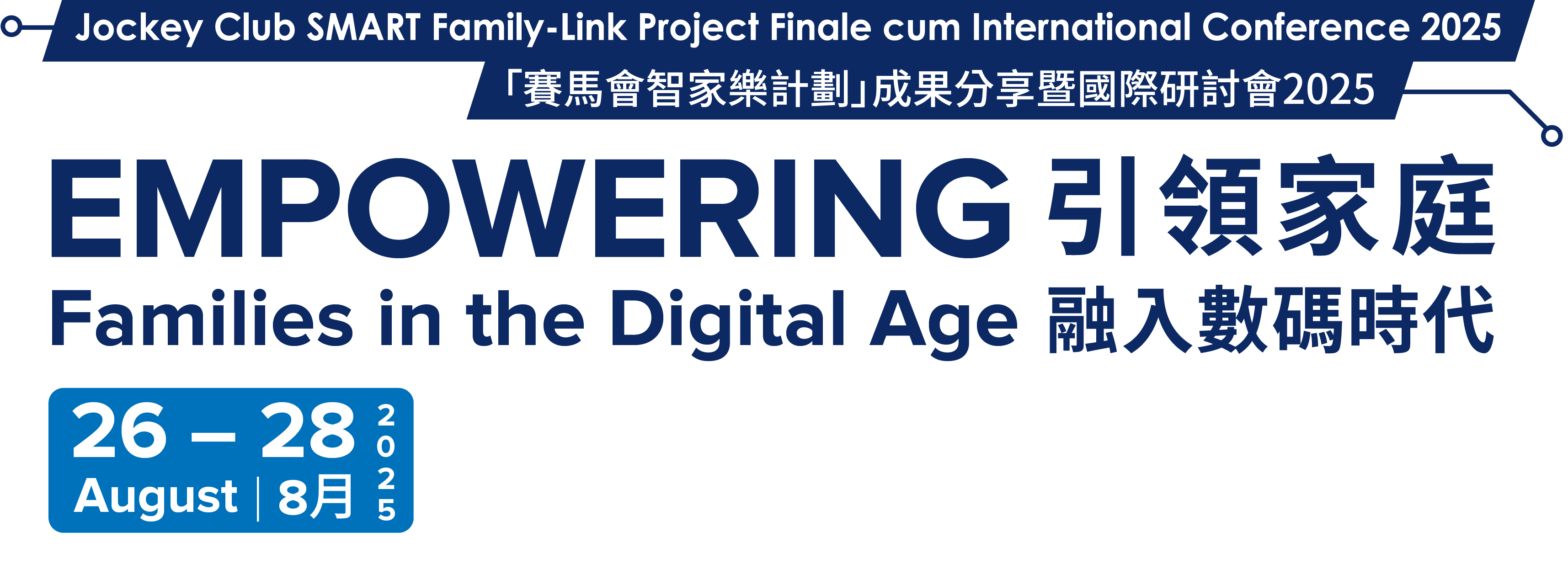

Professor Daniel Wong is a clinical psychologist and currently the Chair Professor in Mental Health and Counselling of the Social Work Department at Hong Kong Baptist University. His major research interests revolve around evidence-based practice in mental health, cognitive-behavioural therapy (CBT), and mental health literacy promotion. In the past sixteen years, Daniel and his team have obtained numerous funding to develop innovative, culturally-attuned intervention models to tackle public health issues such as depression, anxiety, chronic illnesses, gambling and drug addictions among the Chinese.
His empirical works have appeared in prestigious academic journals such as Depression and Anxiety, Australian and New Zealand Journal of Psychiatry, and British Journal of Social Work. In addition, he authored 15 books and has promoted the use of culturally-attuned CBT practice by mental health professionals.

Chair Professor,
Department of Social Work, Hong Kong Baptist University, Hong Kong; Principal Investigator of the Jockey Club SMART Family-Link Project
The integration of blended service delivery—combining face-to-face and online approaches—is gaining traction across various sectors, including family services in Hong Kong. This evolving trend offers increased flexibility, enhanced reach, and the potential to overcome geographical and time constraints. Notable practices, such as online video psychoeducation and early intervention programmes and VR interventions, illustrate its growing adoption and relevance.
However, several challenges must be addressed to unlock the full potential of this new mode of service delivery. These include ensuring equitable access to digital tools and literacy, bridging the digital divide, equipping service providers with adequate training and support, and the cultural shift in the adoption and utilization of online approaches among professionals and users.
In conclusion, while Hong Kong has made promising strides in adopting blended models, strategic efforts from different levels of stakeholders are still needed to ensure these innovations are inclusive, effective, and sustainable for all families.